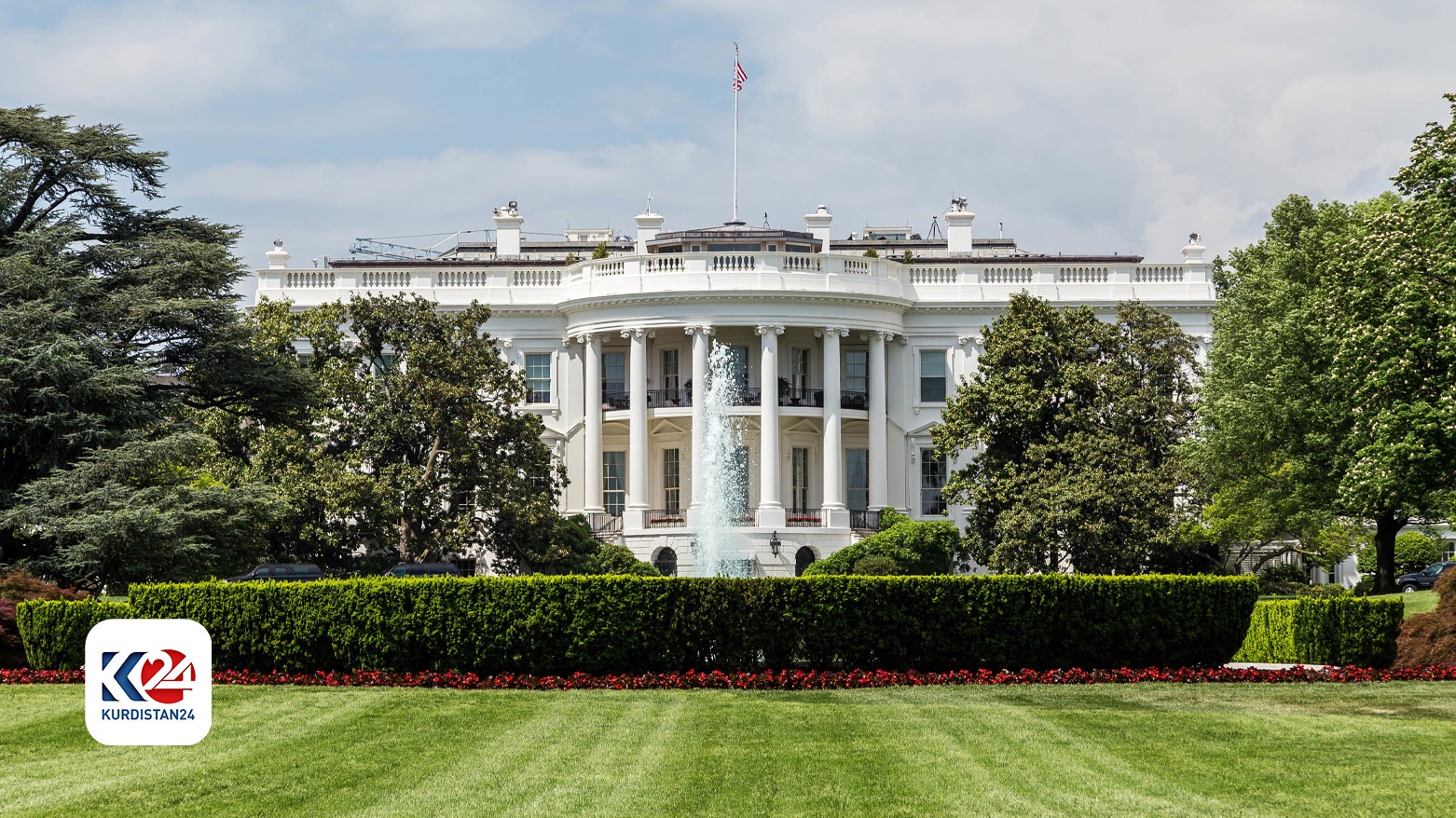US Reaffirms Defeat-ISIS Mission, Balancing Between Turkey and SDF after Assad’s Fall
“We want to make sure that the aspirations of the Syrian people are fully met,” and “we’re going to be working very, very hard to do that.”

Dec 12, 2024
John Kirby, White House National Security Communications Advisor, speaking to journalists in an off-camera press briefing on Tuesday provided an authoritative account of U.S. goals in Syria, following the collapse of the Assad regime. It includes the continued fight against ISIS.
The Two Key U.S. Objectives in Syria
Kirby cited two U,.S. national security interests in post-Assad Syria. The first is a stable country that reflects the will of its citizens. The second is making sure that ISIS cannot re-emerge, by sustaining the fight against the terrorist organization.
“We want to make sure that the aspirations of the Syrian people are fully met,” Kirby affirmed. “They have suffered enough over 14 years, and we’re going to be working very, very hard to do that, particularly through existing U.N.-led processes”
“We believe it is in our national security interest that Syria emerge from this as a stable secure, sovereign state,” Kirby explained. “It’s also in our national security interest that ISIS can’t exploit” the situation, he added. Thus, “the pressure needs to be kept up on that group.”
One complexity arises, however, in the tensions between Turkey, on the one hand, and the Kurdish-led Syrian Democratic Forces (SDF), on the other.
The SDF is Washington’s most important partner in Syria in fighting ISIS, but Turkey considers it the Syrian branch of the Kurdistan Workers’ Party (PKK)—which the U.S. and European Union, as well as Turkey, consider a terrorist organization.
The Syrian rebels are dominated by two groups. One is Hayat Tahrir al-Sham (HTS), which began as a jihadi group, but which, over time, and particularly now, has moderated its positions in order to be accepted by both the Syrian population and the international community.
The second major group among the rebels is the Syrian National Army (SNA.)
The SNA is strongly anti-Kurdish and is widely seen to be backed by Turkey. But the HTS is also backed by Turkey. As The Washington Post reported, that gives “Ankara potentially outsize influence in [Syria’s] new political order.”
The Turkish-backed groups have already clashed with the SDF, and the U.S.-has mediated an agreement in which the SDF will abandon its positions in the west and withdraw to territory east of the Euphrates River.
Read More: Syrian Observatory: SDF to withdraw east of Euphrates amid ceasefire agreement
Asked how the fight against ISIS can be maintained given the tensions between Turkey and the SDF, Kirby indicated that senior U.S. officials were discussing that issue with their Turkish counterparts.
That would certainly include the conversation on Sunday between the U.S. Secretary of Defense Lloyd Austin and his Turkish counterpart, Yasar Guler. According to the U.S. readout, their discussion included a reaffirmation of the need for “close coordination” in order “to avoid any risk to U.S. forces and partners and the Defeat-ISIS mission.”
In addition, Secretary of State Antony Blinken left on Wednesday for a trip to Jordan and Turkey to coordinate on the situation in Syria. Among the issues that he will discuss in Turkey are “ongoing bilateral cooperation on shared priorities from counterterrorism to regional stability,” according to a statement released by State Department Spokesperson Matthew Miller.
In his briefing on Tuesday, Kirby responded to questions on this issue very diplomatically, balancing carefully between Turkey and the SDF.
“The Turks have a legitimate counterterrorism threat that they, too, have a right to deal with,” he said. “They have come under those kinds of terrorist attacks in the not so-distant past.”
“We recognize they have that right,” Kirby continued, and “they’re an important NATO ally.”
But Kirby also underscored the importance of the SDF. He cited his earlier statement about the U.S. interest in continuing the fight against ISIS, adding “and that means partnering with the Syrian Democratic Forces. And that will continue.”
“And where those two goals overlap, or potentially conflict,” he added, “we will have the appropriate conversations with the Turks about how both those outcomes can be achieved,”
Finally, Kirby attributed the collapse of the Syrian regime to the weakness of Assad’s most backers, Russia and Iran, because of their current weakness: Russia, because of its war with Ukraine, and Iran, because of its war with Israel.
“It isn’t just that Russia and Iran were unwilling to help Assad,” Kirby said, “it is that they were unable to.”